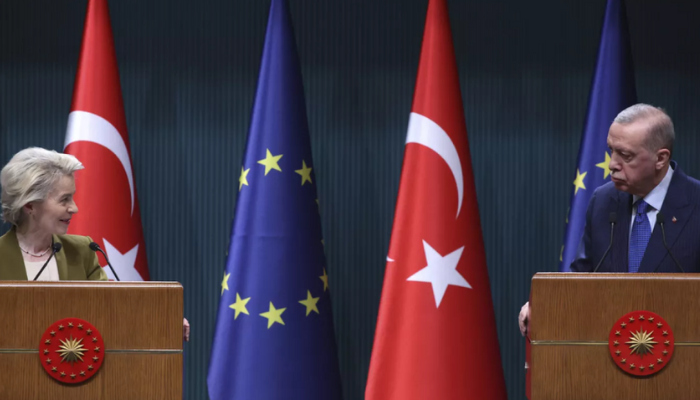Turkey’s bid to join the European Union remains at a standstill, with the European Parliament confirming there has been no progress since 2018. The latest report highlights ongoing democratic issues in Turkey as the main barrier to restarting accession negotiations.
Despite Turkey’s strategic value as a NATO member and its role in regional stability, particularly in Ukraine, the Black Sea, and the Middle East, the European Parliament maintains that Ankara’s domestic policies are incompatible with EU membership requirements.
Key concerns outlined in the report include politically motivated arrests, crackdowns on protests, and a general decline in human rights protections. These developments have led to what the Parliament describes as a severe democratic backslide, making it impossible to advance talks under the current conditions.
Turkey continues to be a critical partner in areas like energy, trade, and climate cooperation. The EU-Turkey migration deal signed in 2016 also remains effective, with irregular migration flows to the EU dropping significantly in the past year.
However, political tensions persist. Turkey’s low alignment with EU foreign policy—reported at just 5% in 2024—along with controversial moves like recent visits by Turkish leadership to Northern Cyprus, have further strained relations.
While EU officials acknowledge Turkey’s civil society remains active and pro-European, the lack of political reform under current leadership continues to block any meaningful progress on EU integration.
The European Parliament has reiterated that while the door to membership is not permanently closed, any forward movement will require significant democratic reforms and full compliance with EU values.

